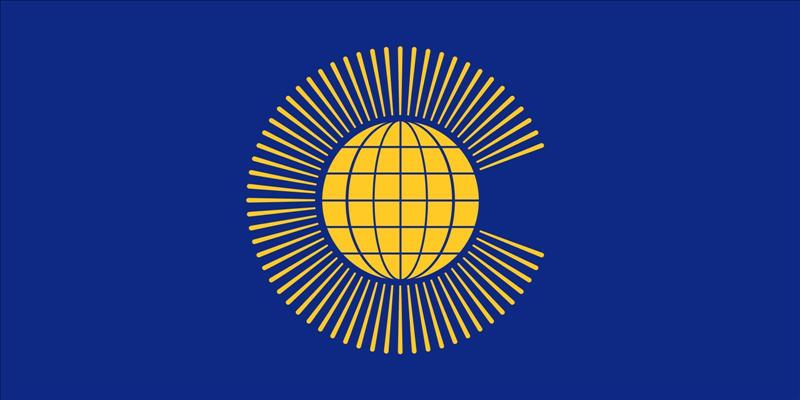 Fifty-four Member countries, representing about a third of the world population, marked ‘Commonwealth Day’ yesterday (March 14).
Fifty-four Member countries, representing about a third of the world population, marked ‘Commonwealth Day’ yesterday (March 14).
The Association prides itself of fostering the principles of Human Rights and Democracy.
But do these translate into the lives of its 1.4 billion population, or make any impact at international forums that debate and decide rights and freedoms?
Sadly, even the kindest and gentlest answer would come up with a definite ‘No.’
A Commonwealth Human Rights Initiative Report titled, ‘Easier Said than Done,’ affirmed this recently. It analysed the performance of 12 Commonwealth countries including Bangladesh, Cameroon, Canada, Ghana, India, Malaysia, Mauritius, Nigeria, Pakistan, South Africa, the UK and Zambia, which are the member countries of the Human Rights Council.
Before being elected to the Council, each country had pledged to uphold “the highest standards in the promotion and protection of human rights.”
Betrayed Pledge
The Report compared promises with performance between 2008 and 2010 and said many members were undermining human rights mechanisms such as the Special Procedures, the Human Rights Council Advisory Committee, the Universal Periodic Review and the Office of the High Commissioner for Human Rights.
 Several actively campaigned against country specific scrutiny of gross human rights violators.
Several actively campaigned against country specific scrutiny of gross human rights violators.
At the domestic level as well, no country entirely fulfilled all its Council pledges.
The Report also discovered that the members could not act together or agree on any Council resolution, except one.
The Commonwealth, whose members carry strong memories of their own struggles for rights and freedom may have had its finest hour or perhaps its last hurrah during the struggle against Apartheid.
But today, it is hard not to notice its reduced zeal for preserving civil liberties or its dismal record in upholding human rights beyond grandiose words.
The descent from deeds to words is evidenced in the reluctance of its oversight mechanisms, such as the Commonwealth Ministerial Action Group to reprimand seriously erring members or to activate its mandate to scrutinise member countries that persistently or seriously violate fundamental values such as Human Rights.
Restrained aspiration
The Commonwealth appears ever more infirm in its convictions as its Secretary-General Kamalesh Sharma suggests that perhaps Human Rights precepts are merely ‘aspirational,’ while deeds are more realistic and different.
“The Universal Declaration of Human Rights (1948) remains at best an aspiration, at worst a loose promise. Such is the grey area of words, which is perhaps best set aside for the more prosaic reality of deeds,” he said in a recent article published in The Guardian.
The Human Rights Farce
The assertion seems to give short shrift to the binding norms that have found their way into the constitutions of member States and become legal obligations owed by governments to their people and to the international community.
The hardnosed approach also cites the Secretary General in empathy with the worst performing Commonwealth members at the Council, who make identical arguments about the primacy of sovereignty and use realpolitik excuses to avoid Human Rights compliance.
The Commonwealth Human Rights Initiative reiterates that the grouping is about Human Rights or about nothing at all.
Soft-pedaling its self-professed premier values can only lead to the diminution of the Commonwealth into eventual oblivion: and disparaging the canons that underpin the practical realisation of rule of law, good governance and development in the lives of ordinary people will mortgage the future of the mostly poor and vulnerable populations that live in member countries.
This Commonwealth Heads of Governments will meet in Perth, Australia in October 2011. This will mark the 20th anniversary of the Harare Declaration, the high noon of Commonwealth activities in human rights.
An Eminent Persons Group on Commonwealth Reforms will present its findings to the Heads of Commonwealth.
Unless it energetically reclaims the outspoken, leading role in promoting and protecting Human Rights that it once displayed in international platforms such as the UN, future Commonwealth Day celebrations will only symbolise the last gasps of a moribund association.
Raghupathy Iniyan Ilango is Consultant at the Human Rights Advocacy Programme of the Commonwealth Human Rights Initiative based in New Delhi.






